In the fast-changing landscape of industrial and commercial energy needs, businesses must adopt innovative, reliable, and sustainable energy strategies. Energy storage systems (ESS) help B2B operations control power usage, reduce costs, and maintain continuity. These systems, including advanced battery energy storage systems (BESS), support efficient electric generation and usage. They have become a vital part of the modern power ecosystem in recent years. In this blog, we explore the benefits of energy storage and the technologies that support it. We also explain how B2B companies can improve their strategies with the proper energy storage solutions.
An energy storage system is a technology that captures energy for later use. These systems help businesses align energy production and consumption more efficiently. Storage systems are a reliable source of energy. They connect to solar panels or the electric grid to store extra energy. This electricity storage happens during off-peak hours. It provides power when electricity use is highest during peak times. Commercial and industrial settings use several types of energy storage systems.
Lithium-ion batteries lead the way in B2B operations. They offer high energy density and efficiency. Businesses choose them because of their decreasing cost and reliable performance across industries.
Analysts estimate the global energy storage systems market will reach a value of $380.97 billion by 2024. Analysts project that it will grow to $416.02 billion by 2025. Analysts expect the market to reach approximately USD 841.19 billion by 2033. This reflects a strong compound annual growth rate (CAGR) of 9.2% over the forecast period from 2025 to 2033.
The following are some key benefits of energy storage for the B2B sector.
Power outages can cause significant disruptions to industrial processes, supply chains, and critical data operations. Energy storage systems provide seamless backup power, preventing equipment downtime and reducing the risks associated with power outages. This benefit alone can save companies millions in lost productivity.
Traditional fossil fuels are becoming less sustainable and more expensive. Businesses use renewable energy and storage systems to reduce dependency on diesel generators. They also reduce reliance on other fossil-based energy sources through this combination. This switch not only cuts emissions but also aligns with global sustainability targets.
ESS improves the overall energy efficiency of commercial facilities. Companies store excess energy from solar or renewable sources for later use during high consumption. They reuse stored energy when power demand rises, maintaining efficiency, and reducing energy waste. This helps optimize load distribution and maintain steady operations.
During peak demand hours, utility rates often skyrocket. ESS allows businesses to practice peak shaving by using stored energy to offset consumption during peak hours. The result? Significant cost savings on monthly electricity bills.
Solar energy and other renewable energy sources are intermittent; they depend on sunlight or wind. Without storage, excess generation goes to waste. With ESS, you can store energy produced during optimal conditions and utilize it when production levels dip. This benefit makes renewables more reliable and practical for round-the-clock industrial use.
B2B operations utilize various energy storage technologies to improve energy reliability and efficiency. These include lithium-ion batteries, pumped storage systems, thermal storage, and compressed air energy storage.
These are the most commonly used battery energy storage systems in commercial operations. They offer high charge and discharge efficiency, a compact footprint, and reliable performance. B2B companies often use lithium-ion solutions to support solar energy installations and backup operations.
Pump storage remains a proven and reliable solution for grid-scale applications. It involves pumping water to an elevated reservoir during periods of low energy demand. Operators release water to generate electricity during periods of high energy demand. Utilities commonly use this method to manage electricity supply and demand effectively. Some large-scale industries also employ this approach to maintain a long-term energy balance.
Thermal energy systems store energy in the form of heat. Compressed air energy storage (CAES) stores air under pressure. CAES stores this air in underground caverns. Both offer industrial-scale energy management but are less common in smaller B2B operations.
Real-world B2B operations utilize energy storage systems to manage peak demand effectively. They enhance energy reliability through the consistent use of energy storage systems. These systems also help lower overall energy costs for B2B operations. For example, manufacturing plants and logistics centers integrate battery storage with solar energy to store electricity and ensure uninterrupted production. These setups reduce electricity consumption and utility expenses while supporting the grid's operation during peak load times.
Using ESS with solar panels, manufacturers can run critical equipment during grid failures and reduce peak load charges. These systems help produce electricity from renewable sources. They serve as a reliable energy source, particularly in regions with unstable energy supplies.
These operations benefit from backup power during heating, cooling, climate control, and material handling. They also benefit from peak shaving during heating, cooling, climate control, and material handling. ESS in logistics stores electricity and supports cost-effective operations. It manages electricity use during high-demand periods.
Retailers and office buildings reduce electricity bills using battery storage systems. These systems activate during peak times of high energy usage rates. These systems increasingly utilize solar or other clean energy sources, which lower overall electricity consumption and provide a cost-effective energy solution.
Energy continuity is critical. ESS provides a clean alternative to fossil-based backup systems, helping to maintain uptime. As data centers scale, they integrate electric vehicles and smart ESS to support sustainable infrastructure. These technologies store electricity, stabilize power loads, and reduce dependence on traditional energy supplies.
Related: Discover the Best Energy Storage Solutions for Your Business: Essential Insights
Before investing in an ESS, B2B businesses must consider the following:
Working with professional help in customizing the right storage system that meets your operational goals.
The market for energy storage systems continues to grow. As technology improves and costs decrease, more businesses adopt battery energy storage systems and integrated renewable energy packages. Soon, more B2B companies will rely on ESS for more than just backup power. They will use it to gain a competitive edge through cost savings, ESG performance, and energy resilience.
eINDUSTRIFY ensures your business gets access to dependable, high-performance energy storage systems designed for modern B2B operations. Whether you're integrating with solar energy, managing peak demand, or enhancing backup power capabilities, our tailored solutions deliver efficiency, resilience, and long-term value.
A wide range of technologies supports operations in reaching energy goals efficiently and reliably. Expert guidance empowers teams to meet energy targets with greater confidence and long-term stability.
Explore our extensive catalog today. Discover premium machinery. Find specialized components, such as industrial power supplies. Experience seamless customer service. It defines our commitment to your success.
With every order, you invest in reliability, efficiency, and the future of your business. Contact us today via email at info@eindustrify.com or call us at +1 (888) 774 7632. Register for access to a premium global marketplace.
Incorporating energy storage systems in B2B operations transforms how businesses manage power, cut costs, and maintain continuity. These systems support everything from solar energy integration to peak shaving, offering strong returns on performance and sustainability. From lithium-ion batteries to advanced BESS, the right storage system keeps companies competitive and efficient. It also prepares them for future energy challenges by ensuring they stay ready and well-equipped. Embracing these solutions today ensures more innovative and resilient business operations.
Tags: Energy Storage Systems Backup Power Storage System Lithium-Ion Batteries Pumped Storage Benefits Of Energy Storage Battery Energy Storage Systems Energy Storage Systems Bess Store Energy Energy Efficiency Energy Storage Solutions
RECENT POSTS:
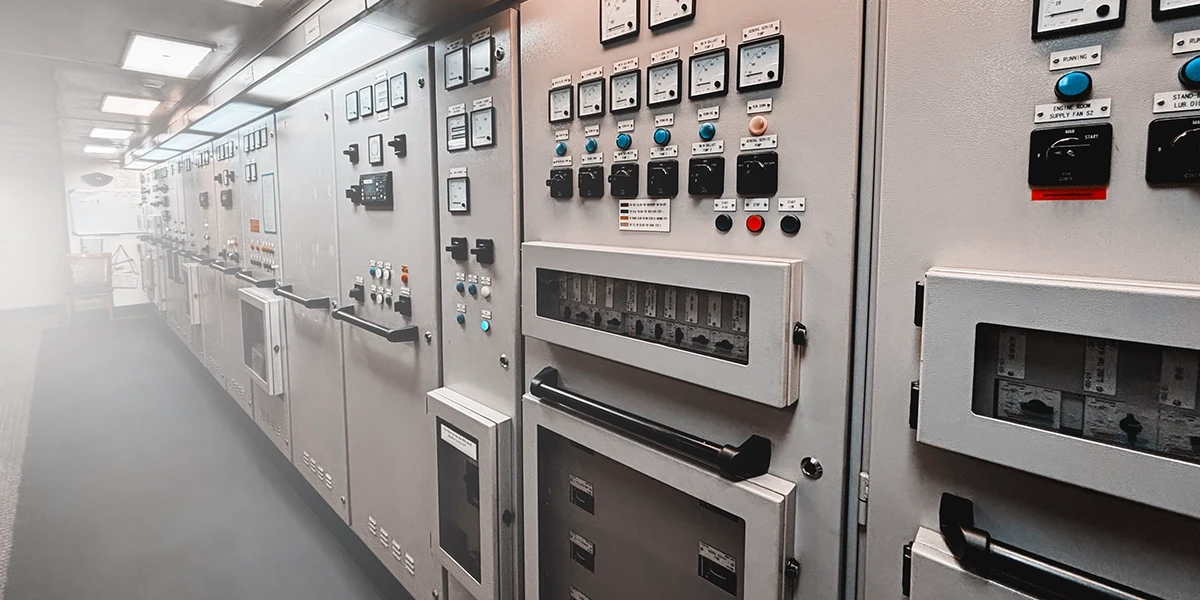
Essential Power Distribution Panels for Optimizing Your Industrial Setup
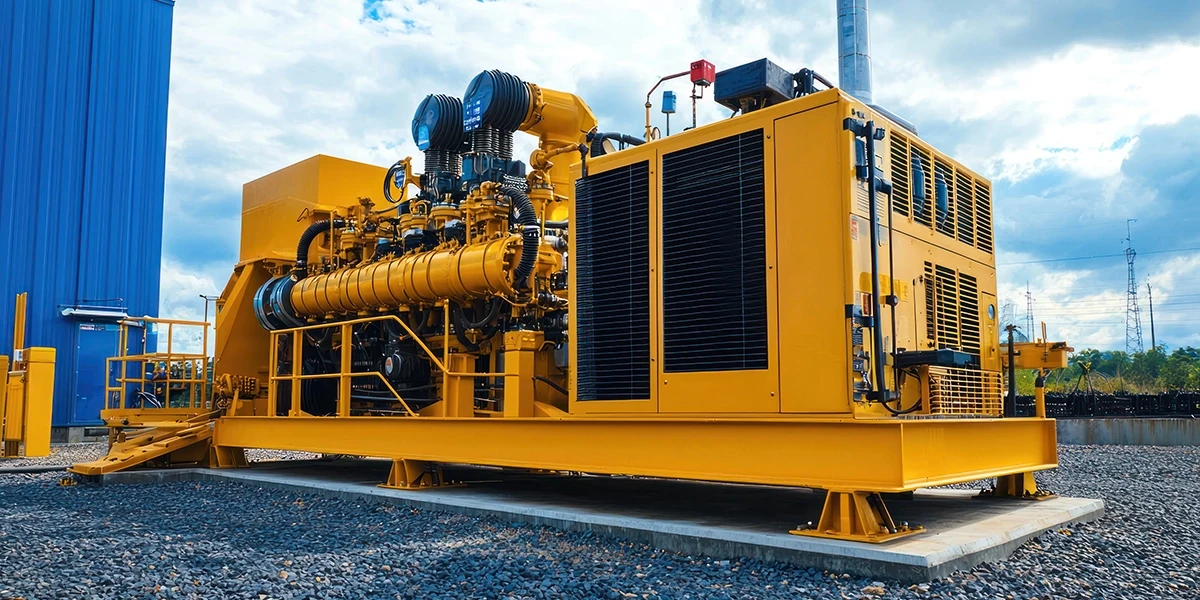
Top 5 Generator Protection Devices for Reliable Power Generation

How to Choose the Right Industrial Air Compressor for Your Facility

Choosing the Right Global Power Transmission Equipment
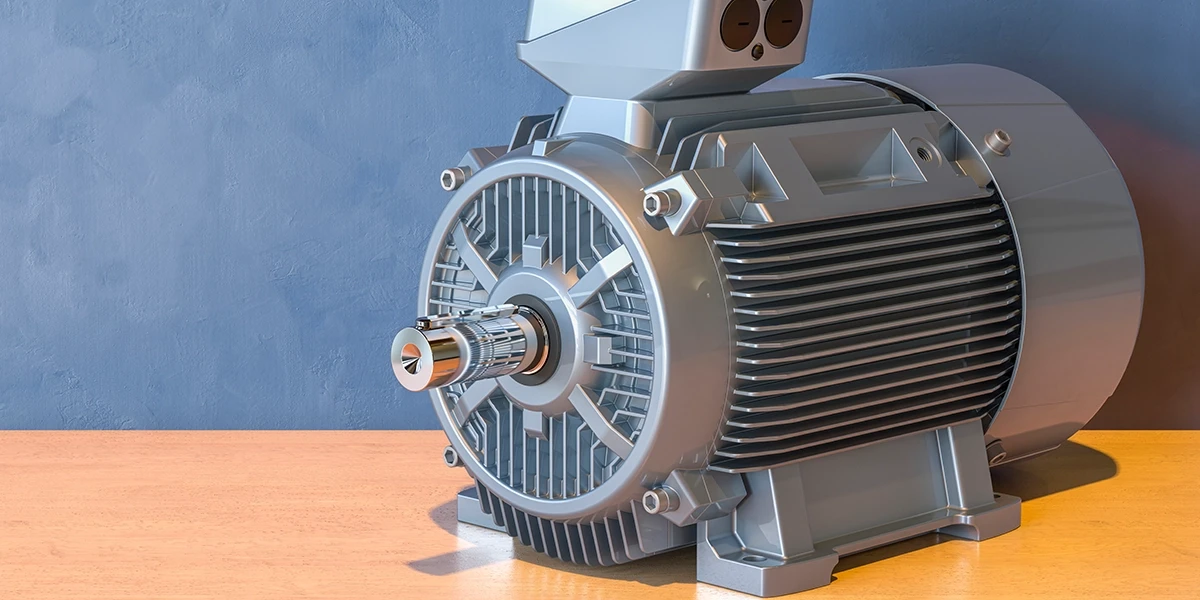
Top DC Motors for Industrial Automation
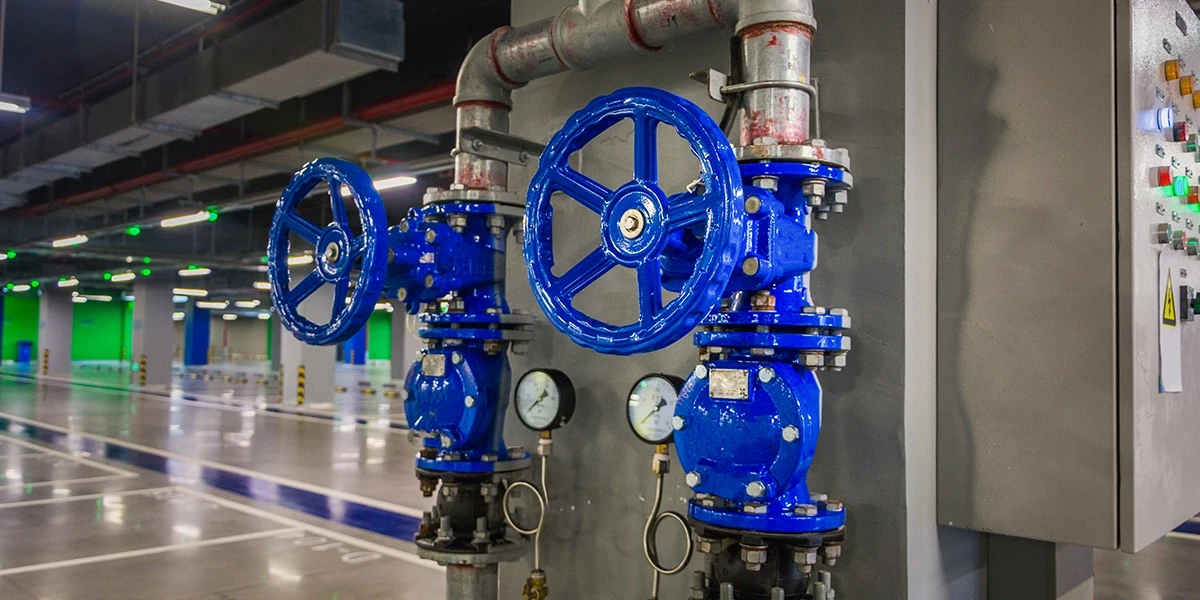
How to Select the Right Control Valves for Your System
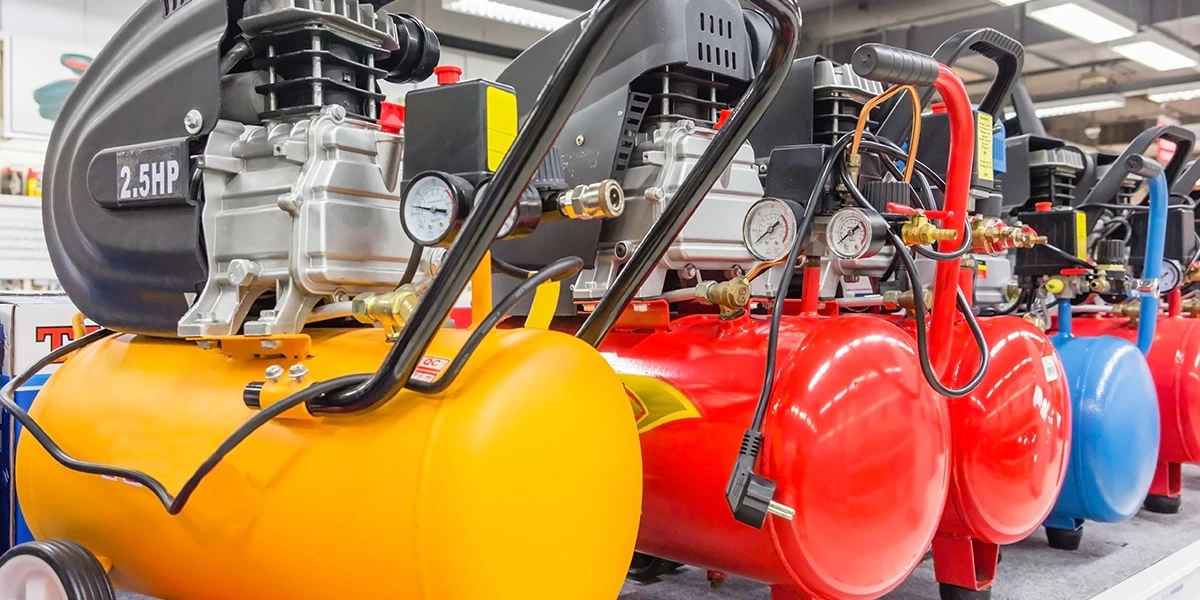
Air Compressors for Sale: Compare Models, Brands, Features
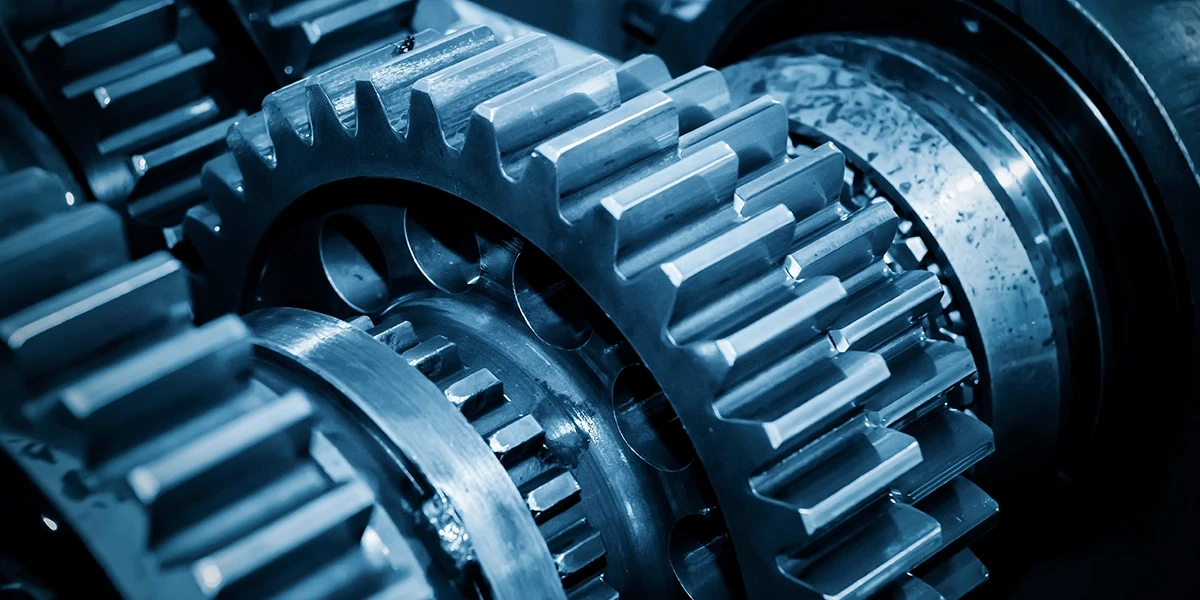
Essential Power Transmission Accessories for Industries